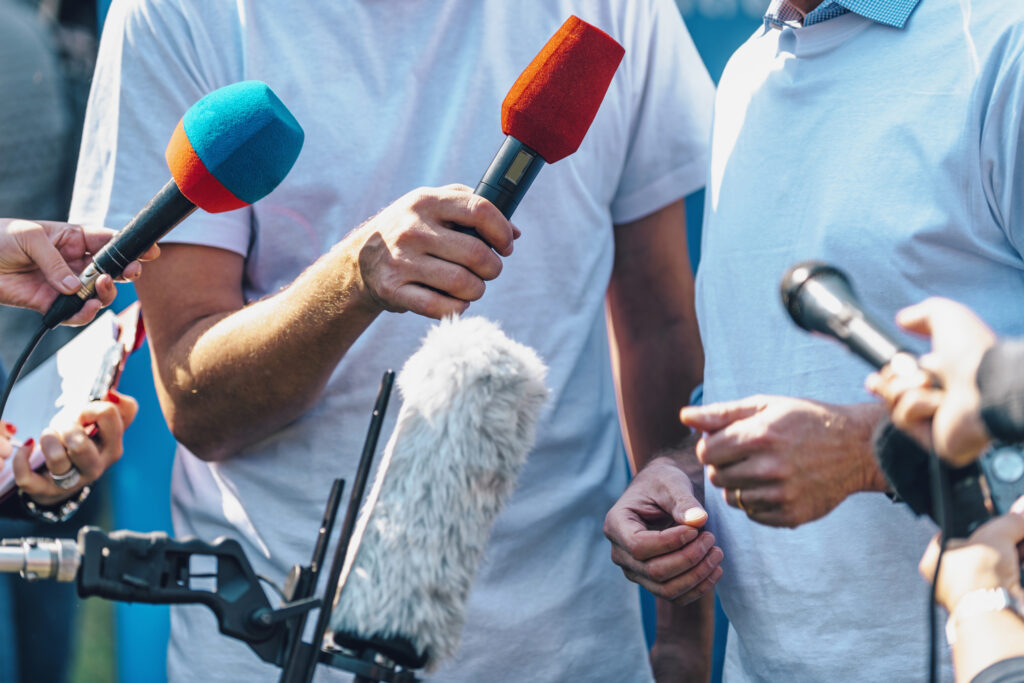A free press is often regarded as one of the pillars of a democratic society. It is a fundamental component of a society that is committed to promoting open and transparent discourse, safeguarding the rights of its citizens, and holding its leaders accountable. However, while a free press is essential for a healthy democracy, it also comes with rights and responsibilities.
The rights of a free press are enshrined in many countries’ constitutions and are recognized as fundamental human rights. The freedom of the press includes the right to express and disseminate ideas, opinions, and information without censorship, interference, or fear of reprisal. This right is essential to ensure that citizens have access to a wide range of viewpoints and can make informed decisions about their lives and their communities.
The freedom of the press also includes the right to access information. Journalists play a critical role in uncovering and reporting on matters of public interest, including corruption, abuse of power, and human rights violations. A free press ensures that citizens have access to the information they need to hold their leaders accountable and make informed decisions about their lives.
However, with great power comes great responsibility. The press has a responsibility to report the truth accurately, fairly, and objectively. Journalists have a responsibility to investigate and report on matters of public interest with integrity and without bias. They must be vigilant in verifying the accuracy of their sources and information, and they must correct any errors quickly and transparently.
Journalists also have a responsibility to respect the privacy and dignity of individuals. They must avoid publishing information that is false, defamatory, or intrusive. They must take care not to harm individuals or groups through their reporting or expose them to unnecessary risks.
Furthermore, a free press must be aware of its impact on society. While reporting on matters of public interest is critical, journalists must also be aware of the potential consequences of their reporting. They must avoid publishing information that could incite violence or hatred and must exercise restraint when reporting on sensitive issues.
Additionally, a free press must operate within the confines of the law. Journalists must respect the legal system and avoid publishing information that could jeopardize ongoing legal proceedings. They must also be aware of the laws and regulations governing their profession, including those related to privacy, defamation, and copyright.
One of the critical responsibilities of a free press is to hold those in power accountable. Journalists must investigate and report on matters of public interest without fear or favor. They must be willing to ask tough questions, challenge authority, and hold those in power to account. They must also be willing to expose corruption, abuse of power, and human rights violations, even when it puts them at risk.
However, holding those in power accountable comes with its own set of challenges. Journalists who report on sensitive issues or expose corruption can face threats, intimidation, and even violence. In some countries, journalists are jailed or killed for their reporting. A free press must be protected from such threats to ensure that journalists can report without fear of reprisal.
Furthermore, a free press must be diverse and representative of the communities it serves. Journalists must ensure that their reporting reflects the diversity of their communities and that they provide a platform for marginalized voices. They must avoid perpetuating stereotypes or stigmatizing individuals or groups based on their race, ethnicity, gender, religion, or any other characteristic.
a free press is a fundamental component of a democratic society. It is essential for promoting open and transparent discourse, safeguarding the rights of citizens, and holding those in power accountable. However, a free press also comes with rights and responsibilities. Journalists have the right to express and disseminate ideas, opinions, and information without censorship, interference, or fear of reprisal. They also have a responsibility to report the truth accurately, fairly, and objectively, respect the privacy and dignity of individuals, operate within the confines of the law, and be aware of the potential consequences of their reporting.
A free press must also be protected from threats, intimidation, and violence, to ensure that journalists can report without fear of reprisal. The press must also be diverse and representative of the communities it serves, to ensure that all voices are heard and that all perspectives are represented.
In many countries around the world, the rights and responsibilities of a free press are under threat. Journalists face increasing pressure from governments, politicians, and powerful individuals who seek to silence or control the press. In some cases, journalists are attacked, imprisoned, or killed for their reporting.
It is therefore essential that governments, civil society, and the international community take action to protect the rights of journalists and ensure the freedom of the press. Governments must respect and protect the freedom of the press, and ensure that journalists can report without fear of reprisal. Civil society must advocate for the rights of journalists and hold those in power accountable for any attempts to undermine the freedom of the press. The international community must also support efforts to protect the rights of journalists and ensure that the freedom of the press is respected around the world.
Ultimately, the freedom of the press is a critical component of a healthy democracy. A free press is essential for ensuring that citizens have access to a wide range of viewpoints, can make informed decisions about their lives and their communities, and can hold those in power accountable. The rights and responsibilities of a free press must be protected and upheld to ensure that the press can fulfill its vital role in society.

